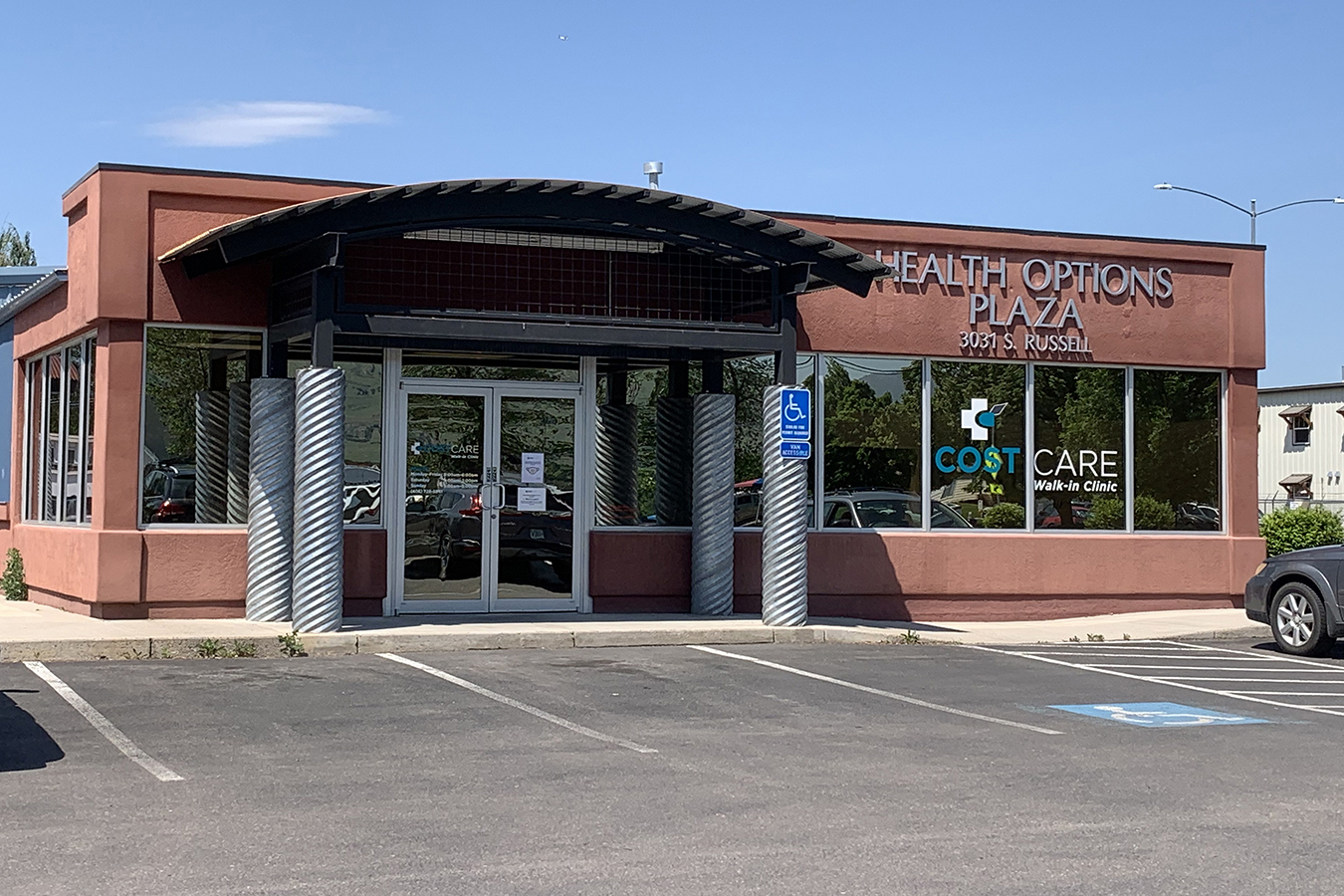[ad_1]
When Paul Rana’s primary care physician left the VA clinic in Kalispell to open his own practice, he followed her. But instead of taking out a new health insurance policy, Rana and her partner agreed to pay a monthly fee with the promise of better access.
Their provider, Dr Lexi Tabor-Manaker, opened the Glacier Direct primary care clinic in 2018. The model known as CPD, which can also mean direct patient care, provides basic health care to patients. for a fixed price, often billed monthly as a subscription. The arrangement gives patients unrestricted access to their doctors and allows them to communicate by phone or email. But the costs are all reimbursable.
“We were delighted to be able to communicate with her instantly without going through an administrative glove,” as it might with the Department of Veterans Affairs, said Rana.
Direct primary care practices have emerged across the country, but they are often criticized for not offering patients the guarantees of traditional insurance. State lawmakers this year, however, sought to preserve the approach and passed two new laws that ban direct primary care practices or shared health care ministries – religious or ethical groups whose members pool money to cover medical costs – to be regulated like insurance.
Such arrangements, proponents argue, offer greater flexibility and lower costs for health care compared to traditional health insurance. Without these laws, “a future insurance commissioner could view them as insurance and force them to come under the health insurance regulatory regime, thereby destroying their value and defining characteristics,” said Senator Tom McGillvray (R- Billings), sponsor of the Shared Health Care Ministries Bill.
Lack of regulation carries risks. Patients in direct primary care and shared health care ministries typically do not benefit from consumer protections mandated by the Affordable Care Act, such as coverage for pre-existing conditions and a ban on charging more based on gender. .
Some health care sharing departments have grown into large national organizations, such as Medi-Share and Trinity HealthShare. Critics of this model say that unregulated departments are not required to cap out-of-pocket expenses or pay claims and may deny coverage for certain treatments. They may also have annual and lifetime benefit ceilings.
In Montana, a pastor filed a complaint in 2007 after Medi-Share refused to pay for expenses related to a member’s heart disease. A state judge ruled the group was selling insurance without registering in the state, effectively banning shared health care ministries. That changed in 2017 when Matthew Rosendale, then Insurance Commissioner, said the programs were not health insurance and could work in the state.
McGillvray’s bill cements Rosendale’s decision into state law.
Eight direct primary care facilities operate in Montana with out-of-pocket fees that typically range from $ 70 to $ 120 per month for an adult, according to DPC Frontier.
Proponents of direct primary care said the model allows doctors to spend more time with patients. According to Senator Cary Smith (R-Billings), sponsor of the Direct Primary Care Bill, doctors have told lawmakers that when working with traditional insurance plans, they can devote a significant portion of their time administrative tasks instead of caring for patients.
This bill allows any form of health care practice – therapists, dentists, physiotherapists, etc. – operate according to the direct primary care model.
Direct primary care agreements do not cover hospital visits, prescription drugs, surgery, or specialty care, such as cancer treatment. Providers and supporters recommend that people buy health insurance to cover these costs.
Another criticism, made by traditional health insurers, is that monthly fees often don’t save money. Patients would have to go to the doctor several times a year to make the direct monthly primary care payments worth it, and people typically don’t make as many visits, said Richard Miltenberger, CEO of Mountain Health Co-Op, a cooperative. non-profit health insurance. which sells health insurance in Montana, Idaho and Wyoming.
“So it is actually often, for many consumers, more cost effective to just pay for the service. [that isn’t covered by insurance] when you use it, as you use it, instead of paying a monthly membership fee, ”Miltenberger said.
Rana, a retired army veteran who lives in Woods Bay, is not entirely dependent on direct primary care for her health care. He still uses the VA clinic for regular checkups. He also has Medicare and Tricare – a health program for service members and their families – for more important procedures he gets outside of the VA, like when he had knee surgery in 2020.
But his first stop when he noticed something was wrong with his knee was with Tabor-Manaker, who saw him quickly and referred him to a specialist. It’s worth it, he said.
“I knew when I came in that this was all my responsibility, and I accepted it because the quality of service is so much more important to me than the hundred dollars a month,” said Rana.
[ad_2]

